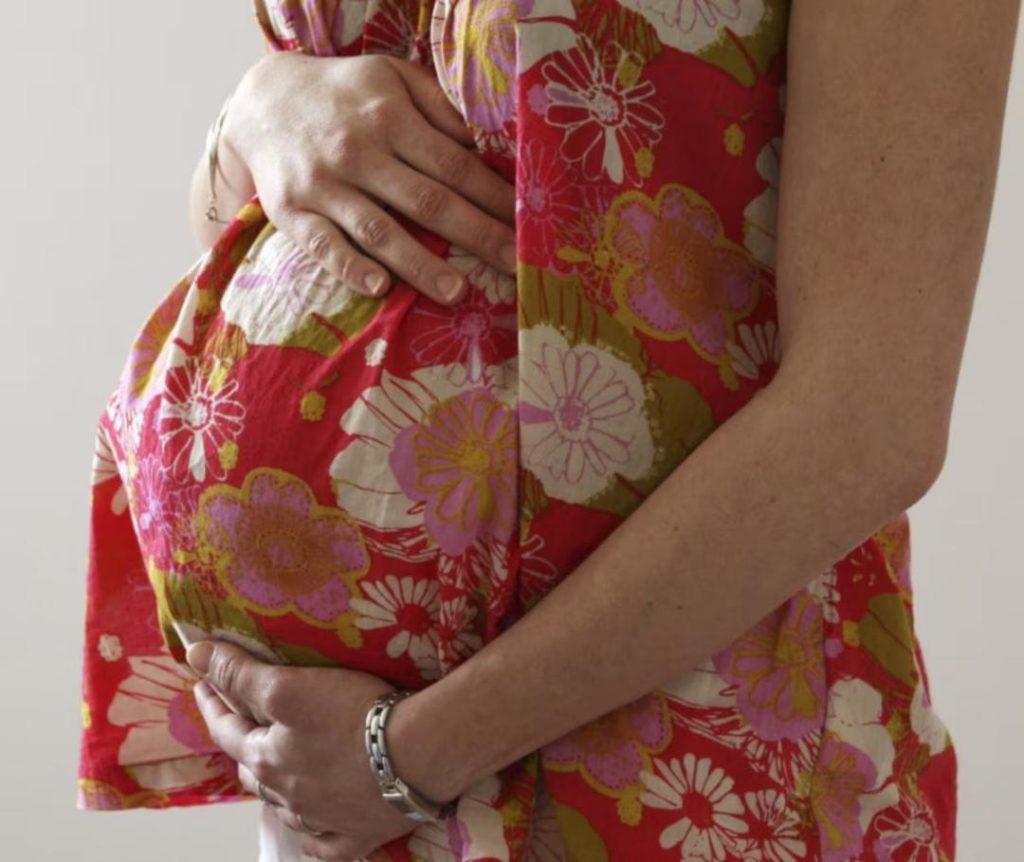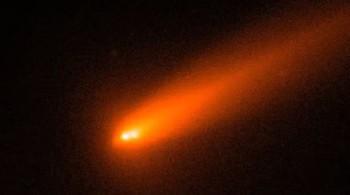
How did AI help a woman get pregnant after 19 years despite her partner being infertile?
For many couples, the dream of starting a family is a top priority. However, for some, the journey to parenthood can be long and arduous. For one US woman, the wait was particularly grueling – 19 years and 15 unsuccessful IVF attempts later, she had almost given up hope. But thanks to the innovative use of artificial intelligence (AI), this woman is now expecting a baby, a miracle that has left her and her partner overjoyed.
Meet the woman who has been on this long and winding road to parenthood. Her husband, unfortunately, has azoospermia, a condition where a man has no viable sperm. This made traditional IVF procedures impossible, leaving the couple with limited options. Despite their best efforts, they had tried 15 IVFs, each one ending in disappointment.
But then, they discovered the STAR (Sperm Tracking and Analysis Robot) system, an AI-powered technology that uses high-powered imaging to capture over eight million images in just one hour. This system is capable of analyzing and identifying sperm cells with incredible precision, allowing for the collection and removal of these cells within milliseconds using a microfluidic chip and specialized robot.
The STAR system is a game-changer for couples dealing with male infertility. Traditionally, IVF procedures rely on the collection of sperm from the male partner, which can be a challenge when that partner is infertile. The STAR system bypasses this issue by allowing the sperm cells to be identified and collected directly from the sample, without the need for a male partner.
The woman, who wishes to remain anonymous, underwent the STAR procedure at a fertility clinic in the US. She was nervous but hopeful as she prepared for the procedure. The STAR system was used to analyze her husband’s sample, and the results were nothing short of miraculous. For the first time in 19 years, they had viable sperm to work with.
The couple’s hopes were finally renewed, and they were able to undergo a successful IVF procedure using the sperm cells collected by the STAR system. And to their absolute delight, the woman became pregnant. It was a moment of pure joy for the couple, who had been waiting for so long to start a family.
The success of the STAR system is a testament to the incredible advancements being made in the field of artificial intelligence. By using AI to analyze and identify sperm cells, this technology is opening up new possibilities for couples dealing with male infertility.
As the news of this miraculous pregnancy spreads, it is sure to bring hope to countless couples who have been struggling to conceive. The STAR system is a shining example of how AI can be used to make a real difference in people’s lives, and we can only imagine the many more miracles it will bring in the future.





